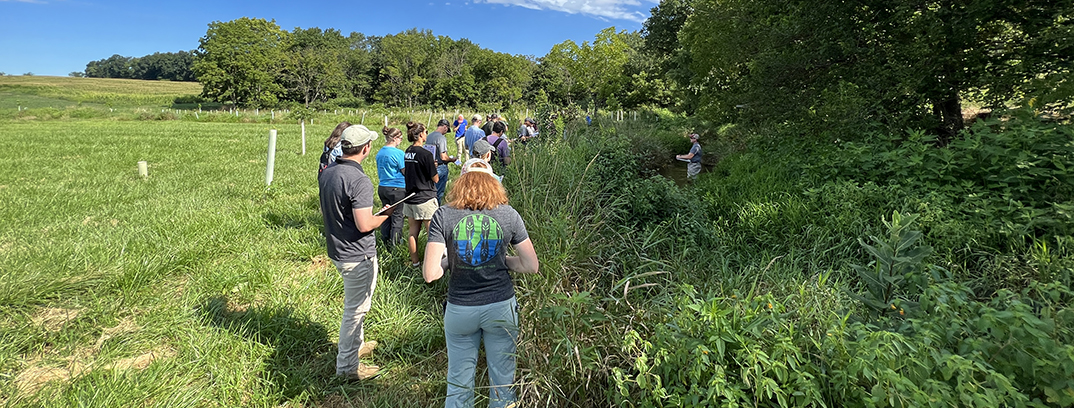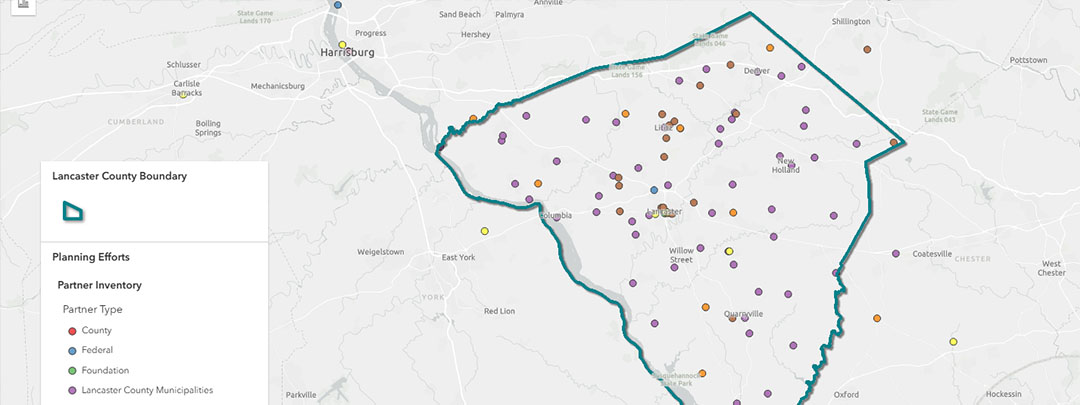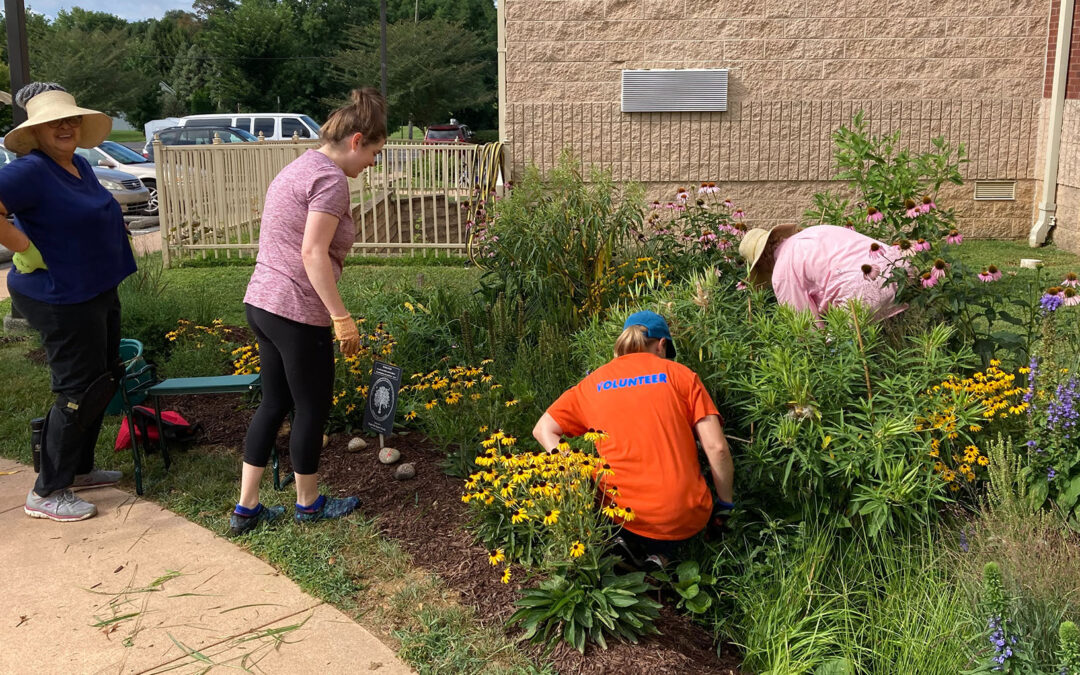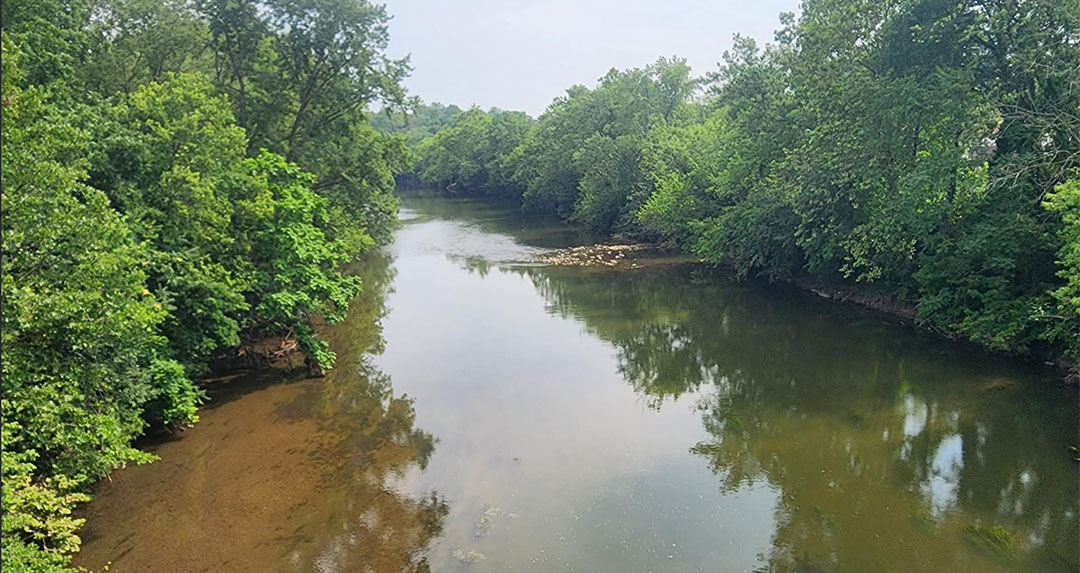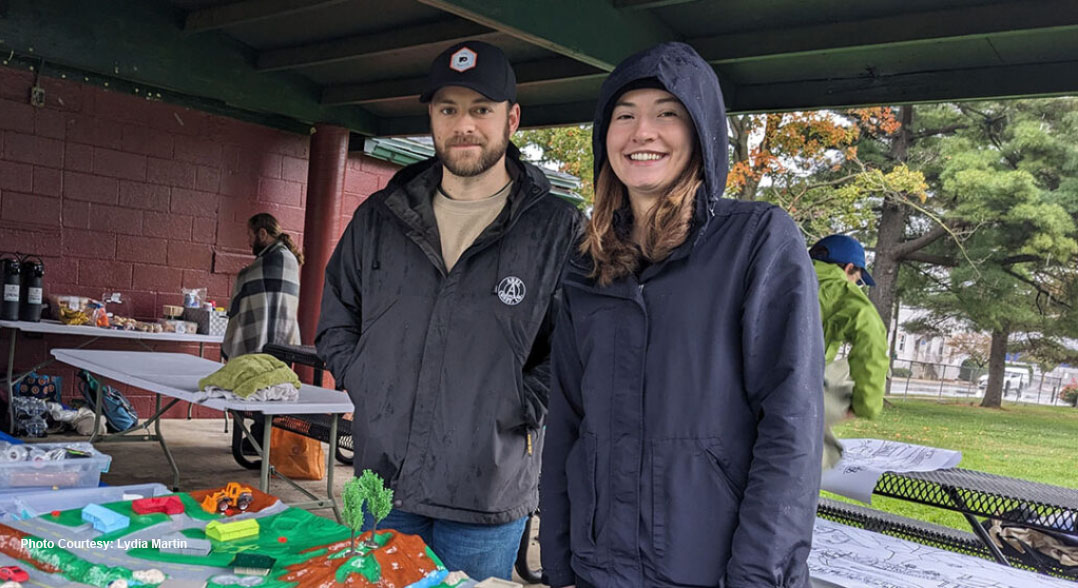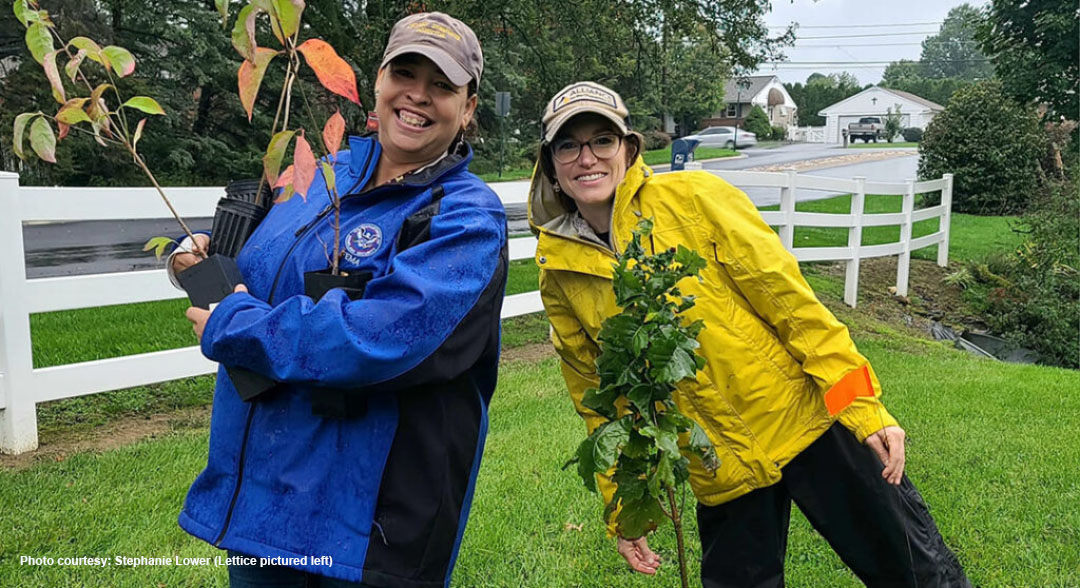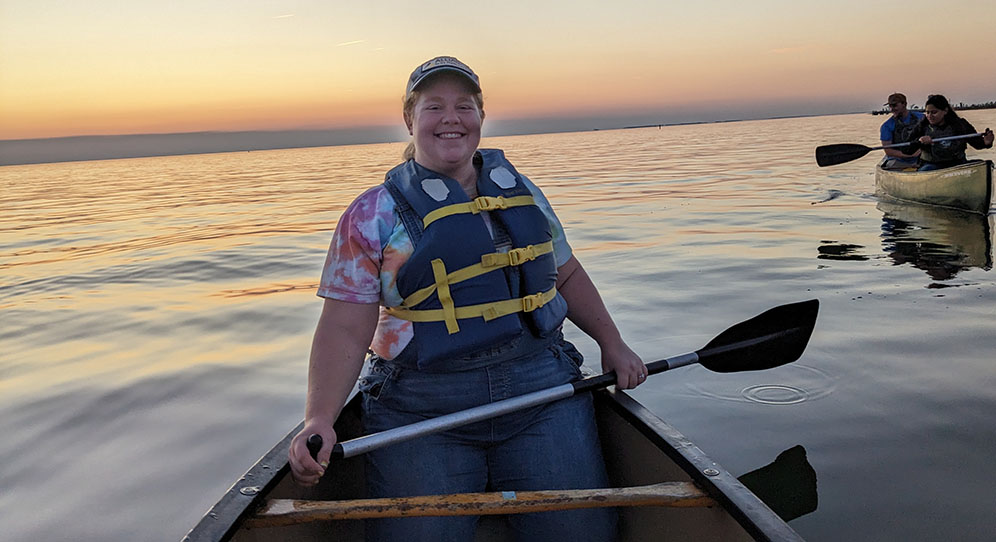Grow More
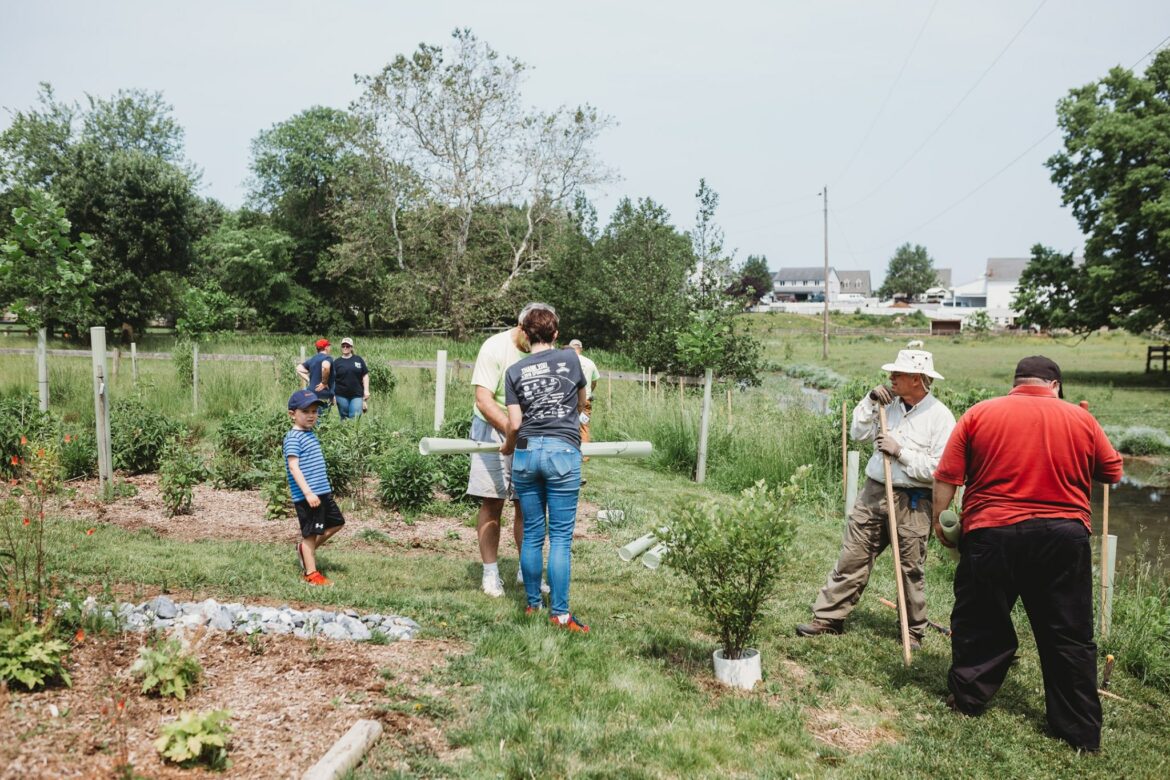
Written by Jessica Espenshade, Agriculture Program Senior Coordinator with National Wildlife Federation
“The struggle is real. I learned a lot about challenges that farmers are facing and how to build a strategic approach to communication” – quote from a Grow More class participant
Agricultural outreach professionals are set with a daunting task: changing farmer behavior. How do you get farmers to care more about the environment? How do you get them to start using cover crops, no till, rotational grazing, diverse crop rotations, etc.? How to get them to change what they might traditionally view as “good farming”?
So outreach professionals rise to the challenge. They hold field days, pasture walks and winter meetings on water quality. All with the hope that if farmers just get the information, they will change.
However here is the reality. These events have the same people showing up over and over. Other outreach staff along with already practicing farmers consistently attend, but who isn’t there? The farmers that have not yet taken action.
Even if the right audience did show up, they would be met with academic data and mentioning of failures and challenges. At best, farmers would feel conflicted. At worst, they would be afraid.
Why is this such a problem? Why are some farmers practicing sustainable agriculture while others refuse to budge? This is because, just like all people, farmers have different mental models. Some are excited by change and new ideas. We call them innovators. These are the farmers that events cater to.
But this group only makes up about 3% of the farming population. The majority of farmers have a greater fear of change and are more comfortable sticking to tradition. We call them these farmers middle adopters. These are the farmers we need to reach if we are to successfully address water quality problems across the U.S.
National Wildlife Federation (NWF)’s agriculture team has spent the last 9 years studying farmer behavior. They went beyond the traditional motivators, particularly economics, and looked at the specific motivations of middle adopters. But they did not stop there. They also studied how outreach professionals could design events to reach the middle adopters and change their behavior.
NWF developed the Grow More training to help outreach professionals learn and implement outreach and messaging that more effectively engaged this middle adopter group. The training develops leadership and outreach skills specifically designed to reach non-adopters. It is a training made of of 2, half-day sessions with participants from many different organizations but with the same common challenge.
Through a grant from the National Fish and Wildlife Foundation, NWF is offering 6 Grow More trainings across the Chesapeake Bay region of Pennsylvania in June and July. All costs associated with the training, including mileage, are covered and attendees receive a lunch and breakfast. These training workshops provide an excellent opportunity to learn about new outreach approaches, practice and develop new skills, and network with other conservation professionals.
Expanding conservation in agricultural settings is a significant challenge, one that will require new approaches. NWF’s approach is one based in the most current social science and honed through practice. Look for a training session near you.
Registration for remaining events in July is online.
“Social science is a missing part of traditional trainings. We work with people, so we need a different skill set. Great training!” – quote from a Grow More participant


